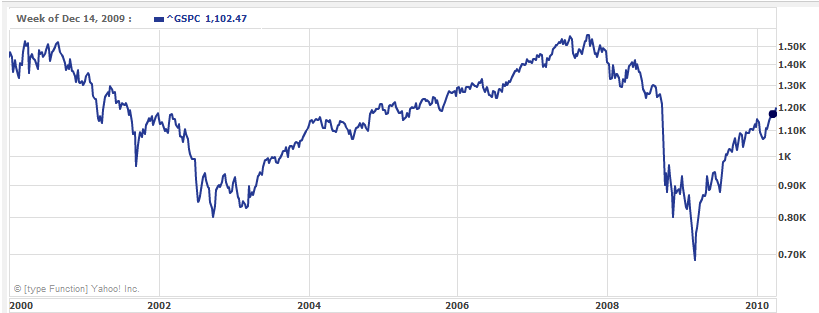Pension
A pension provides regular income payments that you would receive for the rest of your life when you stop working--typically when people retire. A pension plan is a large pool of savings grows over time through contributions from workers or plan participants and their employer or plan sponsor. The plan assets are managed by professional investment managers, and most of the risks (such as investment risk) associated with managing plan assets will be assumed by the plan sponsor rather than plan participants. Particulars will vary from plan-to-plan. For example, there are variables such as how the money or contributions are set aside, who makes contributions, how the income is generated, when payments are made, the types of payments that are made, and how long pension payments last. The basic idea is that the longer you work the higher the payout. There may be tax breaks for pension contributions and there are limits on how much can go into a plan. Many pensions are payable to a surviving spouse on the death of the policyholder, and some pension payments are inflation-adjusted. The term pension is most often associated with defined benefit pension plans that provide regular, annuity-like payments to retirees. This is in contrast to defined contribution plans such as the 401k that shift most responsibilities onto employees and do not provide guaranteed lifetime income.
Why Even Bother with Self-Service Investing During Retirement
I have a huge amount of sympathy for many of the people who are recently retired or close to retirement.

U.K. Government Considering an End to Compulsory Annuity Purchases
Most Retirees and Near Retirees "Consumed by Fear"
- Read more about Most Retirees and Near Retirees "Consumed by Fear"
- Log in to post comments

